Wayne Coyne: the 10 records that changed my life
"I'm addicted to music. It's an urge on overdrive that doesn't go away."

Wayne Coyne: the 10 records that changed my life
“I never wanted to be very far from this thing called music. When I was young, music taught me how to live and how to think. Without the music, that way of living and thinking couldn’t have existed. It’s almost as if you’re in your own movie, and there's this soundtrack that fills in all the spaces and propels you forward. As things are happening in your life, they’re taking place to the music you listen to.
"A single song can be just as important as an album if it provides you some sort of profound experience – sad, joyful, whatever the case may be. And, of course, if you’re talking about something like Strawberry Fields Forever, do you really even need a whole album to go with it? There’s plenty right there to last you a lifetime.
“Over the years, I've had people tell me that my music has been really important to them. The first couple of times I heard that, I had a sort of ‘I’m-not-worthy’ reaction. How can me just messing around and having fun in the studio matter that much to to someone? Over time, though, I started to realize that music can affect people in different ways. It doesn’t always have to this Jesus-and-the-atom bomb thing to matter. It just has to mean something for that moment, and I think that's a big, beautiful thing."
On the following pages, Wayne Coyne runs down the 10 records that changed his life.
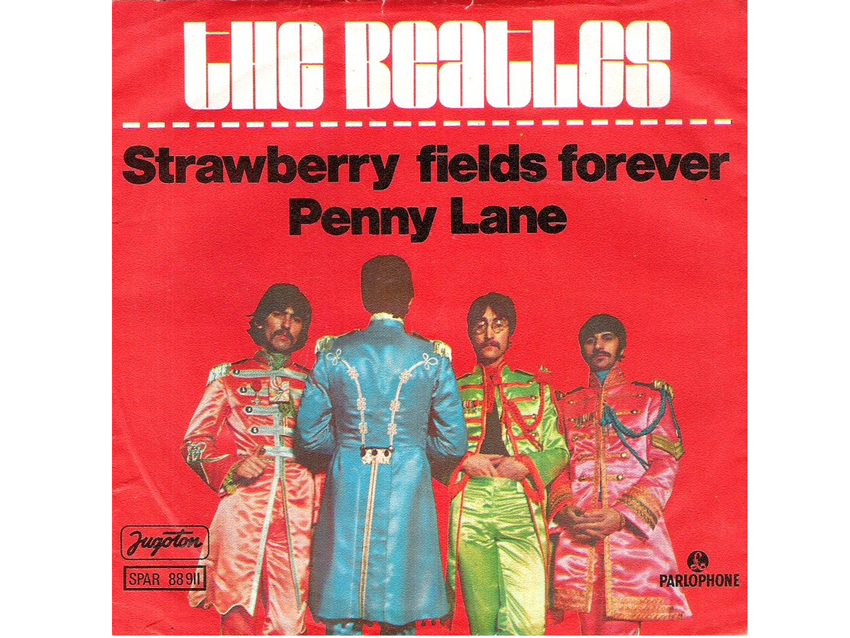
The Beatles - Strawberry Fields Forever (1967)
“Going back to the singles vs. albums discussion, this song certainly makes its case that one song can really shake things up in a significant way. This song wasn’t even on one of The Beatles’ albums – they did it as a single with Penny Lane and put it out a little before Sgt. Pepper.
“Selecting one Beatles record as ‘the best’ or ‘most important’ is almost a fool’s mission; at any given point, almost all of their songs and albums could go to the top of the list. But Strawberry Fields Forever, in and of itself, is just deeply profound – as a song, a recording and a mood.”
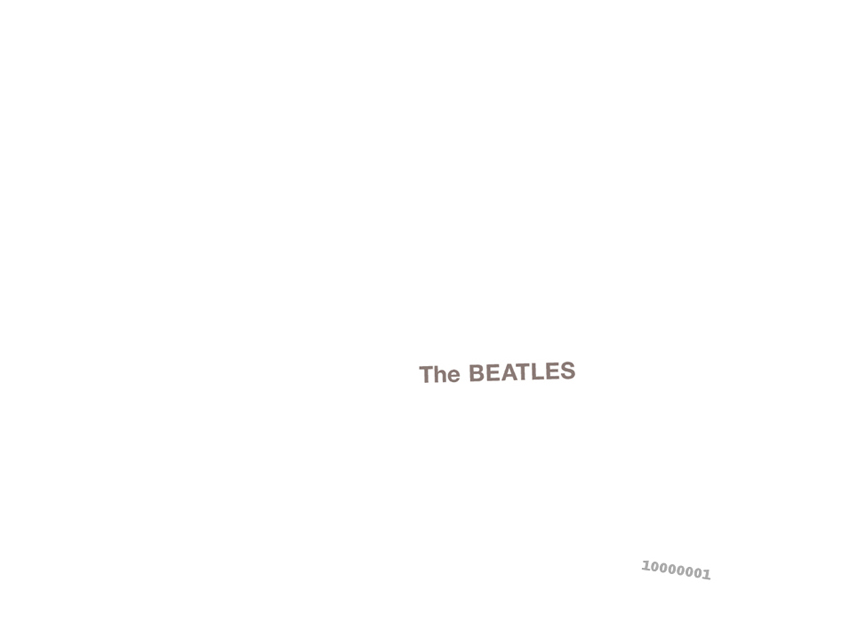
The Beatles - The Beatles (1968)
“This was the first Beatles record that I kind of went in and sort of grasped on my own, without being influenced or prejudiced by friends. It’s a long, deep record, but I found myself wanting to experience the whole thing, whereas my friends would listen to the more popular songs.
“The amount of varied material on The White Album is pretty staggering. Probably more than any other record, it’s the one on which they really tried to get away from the image that they had created. It was meant to go against the ornate, psychedelic nature of Sgt. Pepper. It was like them going, ‘Here we are now. This is us.’
“The fact that it’s not as polished or produced as their albums serves to magnify the band’s talents. Why Don’t We Do It In The Road? is basically Paul on his own. He’s playing the piano and singing and tapping his foot, and you almost want to deny that he can play and sing and tap his foot that good, all at the same time. You think, ‘All right, there must be some trick to it.’ But there wasn't – it was just real talent.”
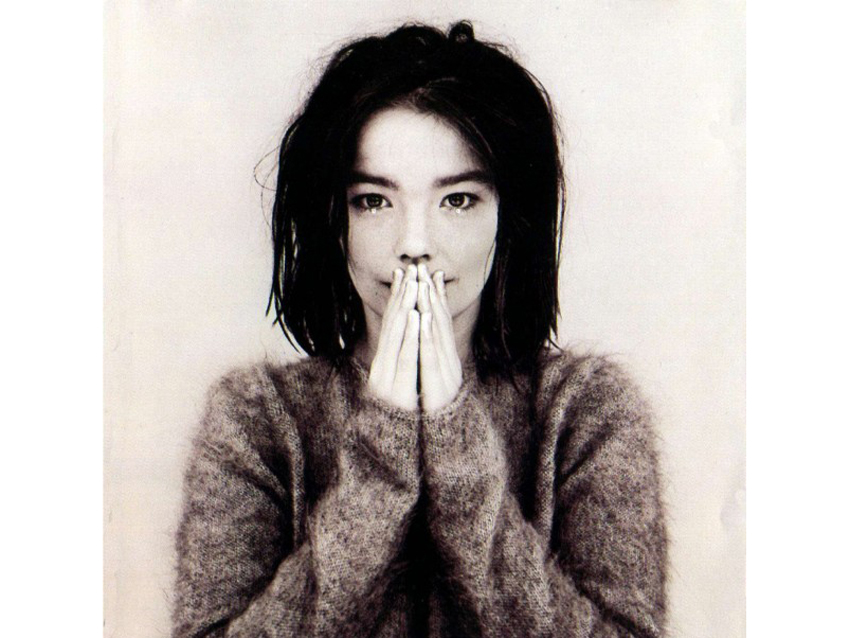
Bjork - Debut (1993)
“Here’s a record that shot me off in other directions. I recently listened to this album quite a bit because I ran into Bjork in Iceland. She’s such a great, great, unique singer, and that really comes through on this album. You listen to it and go, ‘Well, there’s sure nobody that sounds like her.’ She’s pretty uncanny in how special and different she is.
“There’s songs on here that Bjork wrote, songs that the producers wrote, and then there’s songs in-between there they just allowed things to happen. There’s writing music, there’s playing music, and there’s producing music, but when it happens for its own reasons – when it just kind of happens – that’s when music can be at its best, I feel.”

Beastie Boys - Check Your Head (1992)
“This one blew my mind. We were on tour with the Beastie Boys back in ’94. At that time, they were considered to be like DJs or something – they recorded music and sampled it and sort of rapped over it. Steven [Drozd] and I would listen to this, and our feeling was, ‘This is just like rock music. We don’t really care how it got here.’ It just made us feel really good.
“What’s really impressive was that it came from guys who weren’t all about rock. To us, their rap started to feel like a cooler version of punk music. It became the new, radical punk rock. To me, it was like hearing Black Flag or Black Sabbath. And to be honest, I didn’t even care what the genre was. I just liked it.”
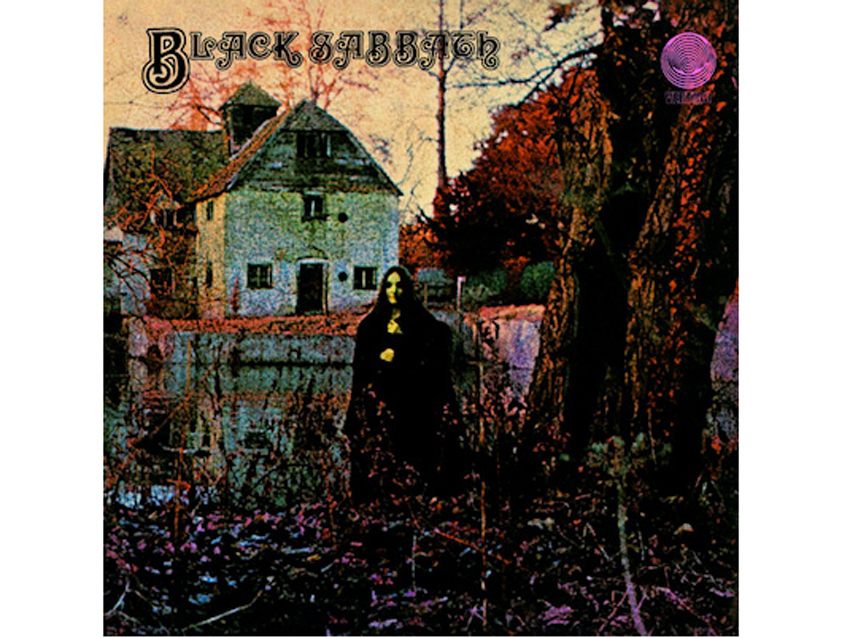
Black Sabbath - Black Sabbath (1970)
“We’ve got Beatles, Bjork and Beastie Boys, so we’ll stay with the Bs and go with Black Sabbath. There’s so much hype connected to Ozzy Osbourne, so it’s hard to get back to the kernel of originality that started the whole thing, but when you go back and listen to this record, you think, ‘Yeah, this really did change the sound in a big way.’
“Tony Iommi has such a crazy fucking style, and it’s because his fingers got cut off. People forget how that’s the mark of a really creative person. I mean, think about it: There’s people who can’t play the guitar very well when their hands are perfect. He’s playing not just great, unique guitar, but he's doing it with fucked-up fingers! But it’s because his fingers were fucked up that he just said, ‘Well, I have to play this way.’
“That’s why we have to listen to this album. It’s not that it’s devil-worshiping, drugged-out music or any of the things we that think are the real essence of it. It’s about a dude who was determined to make music, and he was forced to make music his own way. How lucky for us.”
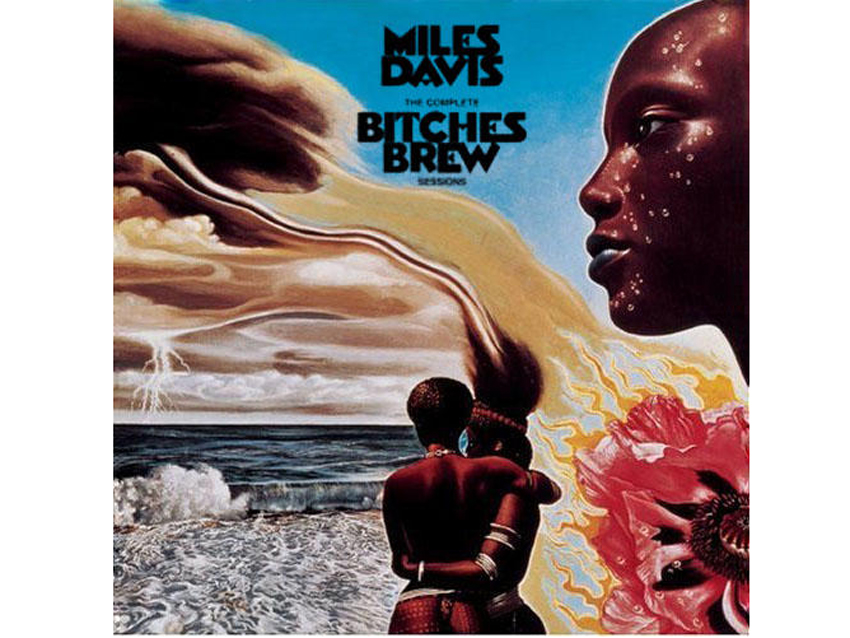
Miles Davis - Bitches Brew (1970)
“Bitches Brew overtook all the other stuff in my evolution of who I was going to become and how I made music. Miles, at this time, was starting to get rid of the form of music, so it became more abstract and interpretive, but no less powerful.
“You simply didn’t know where the fuck this music was going. It wasn’t about chord changes and melodies; it was just these stabs of moods and bursts of feelings. At first, it was difficult for me to understand, because I was still thinking, ‘How do you make music? ‘ Little by little, it sunk in, and then it became, ‘Well, there is no one way. There’s just your way.’
“Any musician who’s lucky enough to stay with their thing eventually ends up in the same place as Miles Davis, where the form no longer interests them – it’s more about the expression.”
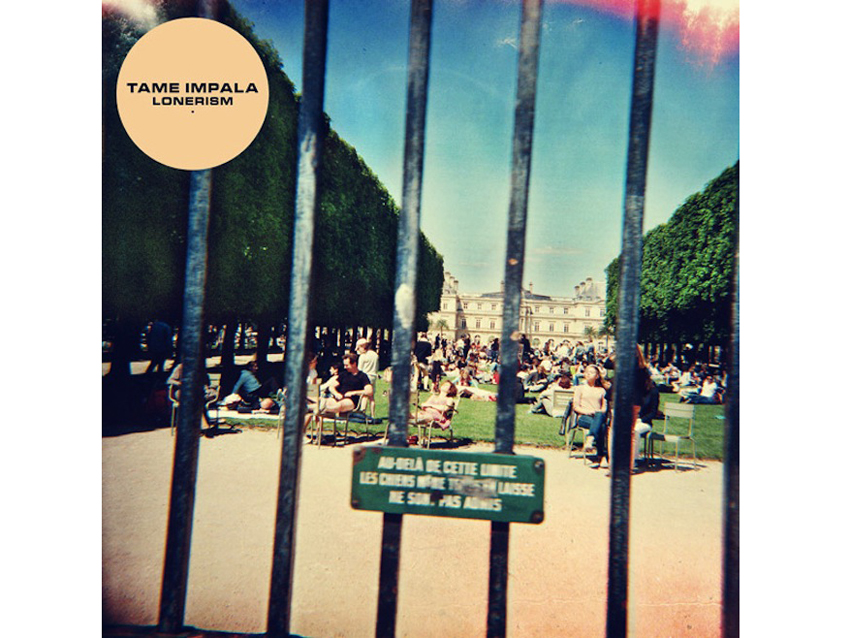
Tame Impala - Lonerism (2012)
“There’s a slew of songs on here that are so good. We played with them all year a while back, and with each song they performed, we’d say, ‘What’s that?’ and they’d say, ‘Oh, that’s on the new record.’
“The main songwriter and creative force in the band, Kevin Parker, has got a depth and an attention to sound that is familiar, like psychedelic-rock guitar music, but what really draws me in is that it’s not like that stuff at all. There’s no real emphasis on the drumming or guitar playing; it’s this strange, two-dimensional concoction.
“There’s an unspeakable quality to it. I never know what the fuck they’re saying in the lyrics, so there’s a mystical thing going on. I think I’m singing along, but then I’m like, ‘What are the words?’”

OOIOO - Feather Float (1999)
“They’re a Japanese off-shoot of another band [the Boredoms], and they’ve got a number of great albums. Feather Float is their masterpiece, in my opinion.
“The woman who is the creative force for the band is named Yoshimi P-We. She’s on our record Yoshimi Battles The Pink Robots, and of course, she’s why we called the record that. This record just fascinated us. It was made in 1999, but you could listen to it now and think it’s brand new; it still sounds like it’s from the future. What a great, bizarre, unexpected entity.
“Yoshimi is one of those strange genius musicians that you just don’t see that much. At one time she’s a drummer, and then she’s a guitar player, a singer and a trumpet player. That’s a rare thing. A lot of people who play drums don’t do anything else, and a lot of people who play the trumpet don’t do anything else. Yoshimi does everything and does it with her own trip.”
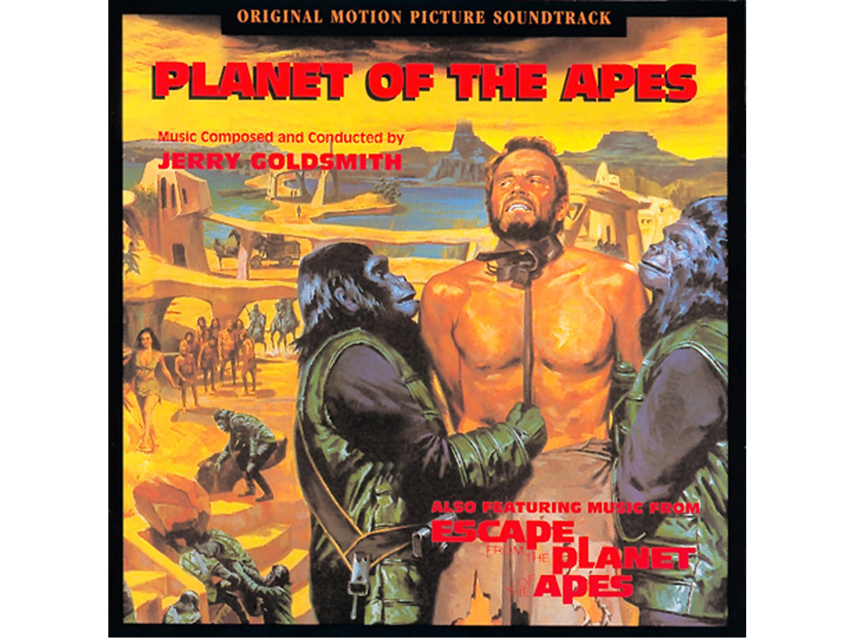
Planet Of The Apes - Original Motion Picture Soundtrack (1968)
“I was drawn to this when it was reissued on CD about 10 or 12 years ago. Jerry Goldsmith was the composer and conductor, and man, he made a real mindfuck of an album.
“When you hear this 35 minutes of music, you can just imagine that every other composer in the world knew that this was a landmark. It was ahead of its time – you’ve heard it in all kinds of music since then. I only wish now that when you watch Planet Of The Apes there was more of this music in there. It’s scattered around in places, but not enough.
“We’ve often sat around and wondered how they did it. Some of it was an orchestra, and they were playing to this analog delay with such precision. It’s uncanny. I don’t think something like that could ever happen again.”

Beach House - Bloom (2012)
“I get texts from Victoria [Legrand], who is such a great, funny, sweet person. But Beach House’s music is just the opposite: It’s so, so sad that it’s almost serious. When you can get to the bottom of what Victoria’s singing about, though, you find that there’s a great sense of humor in there. I think that’s why the music is so perfect.
“If Victoria weren’t laughing at this madness, the music wouldn’t work so well. When we met her, we had a sense that she’d be drunk and funny and not afraid to be crazy, and she was all that. Then she goes out and sings this sad, sad ‘I’ll-never-get-over-this’ music. She probably does get over it by having a sense of humor.”